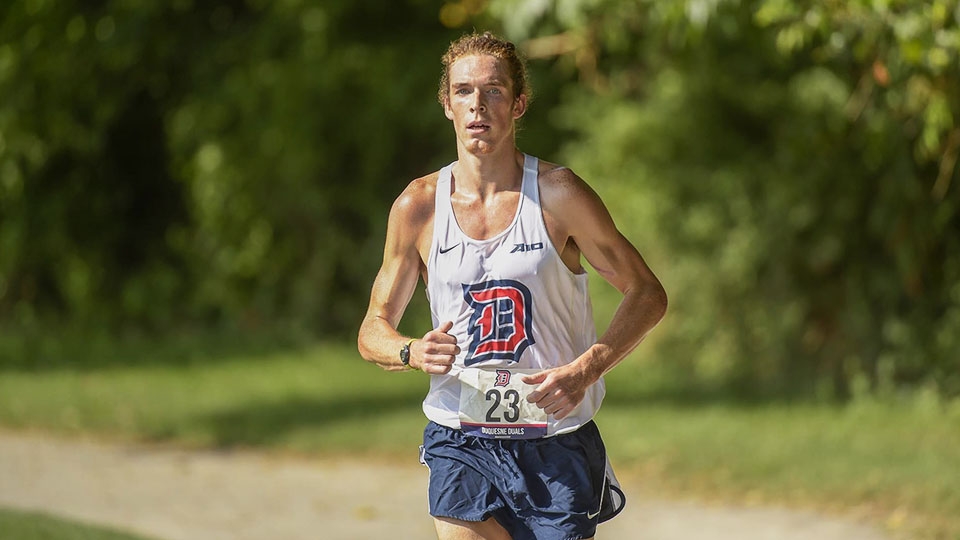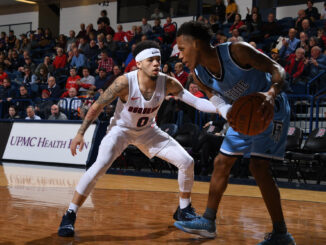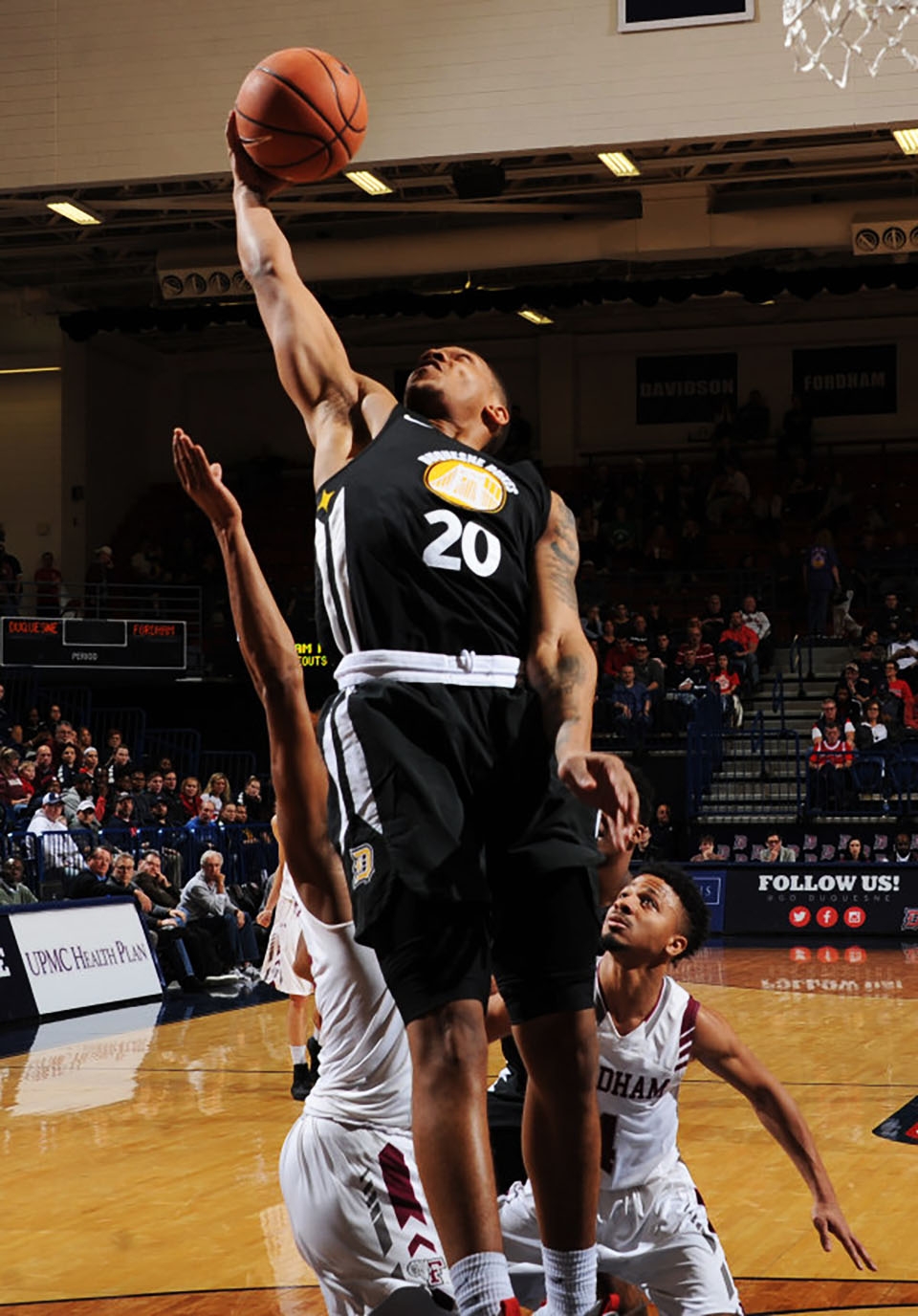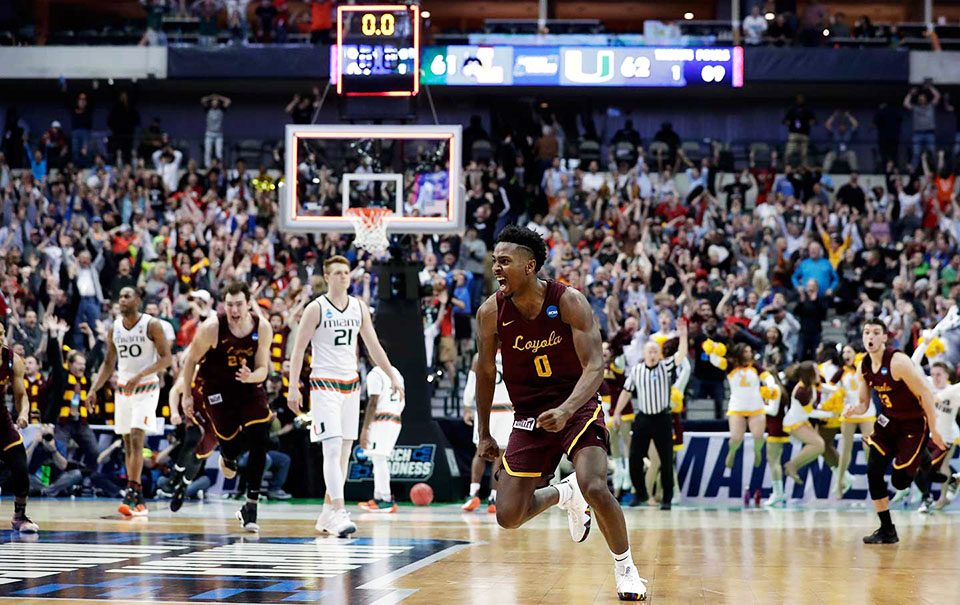
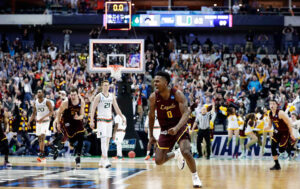
Jacob Hebda | Staff Writer
March 19, 2020
As we find ourselves in the midst of an international crisis, life has changed in ways previously unimaginable for many of us.
Case in point, there are no sports to watch. We have seen lockouts and weather postponements, but cancellation and indefinite suspension is unprecedented territory for most.
Sports are a profession for some, a hobby for others, and an outlet for everyone who loves to play or watch them. Now that they have ceased, a gaping hole is left behind.
Many of us are beginning to realize how many luxuries we take for granted. The outbreak of COVID-19 reminds us how delicate the world can be. At any point, our lives can change, and we must embrace the harsh realities of this change.
It is difficult to be optimistic as the COVID-19 disaster unfolds. So many of the joys of our lives are disappearing rapidly.
One of those joys is the NCAA Tournament, also known as March Madness.
It is probably the most iconic American sporting event besides the Super Bowl. Basketball fan or not, there’s a decent chance you’ve filled out a bracket before.
Few other postseasons feature the same sort of thrill and excitement. When 64 teams compete in a two-day span, upsets, buzzer beaters and comebacks are inevitable.
For that reason, March Madness has always been my favorite time of the year.
When we were kids, my brother and I built a makeshift bracketology center in our basement. My father would use the blueprint machine from work to copy giant brackets. As we filled out dozens of them together, we bonded in a way only brothers can.
There was nothing better than coming back from school, plopping down on the couch and watching basketball for the rest of the day.
When not at home, I would do whatever I could to keep up. In elementary school, that meant begging teachers to find scores online. In high school, that meant trying to get around the content blocker on our school-issued iPads to watch during class.
My father, a former high school basketball player and University of Pittsburgh alumnus, taught me to love Panther basketball.
They were among the top programs in the country for much of my childhood. At one point, they qualified for every tournament for a decade straight.
However, every Pitt fan knows the frustration of watching March basketball.
One day, you’re witnessing Levance Fields play the game of his life and lead his team to the Elite Eight. A couple days later, you’re watching Scottie Reynolds drive nearly the length of the floor and eradicate those Final Four dreams with a soul-crushing buzzer beater.
None of that mattered though. The tournament was always awesome, frustration and all.
As a basketball fan, its cancellation is disappointing. For student athletes though, I cannot even imagine the heartbreak.
Consider Dayton, who at its peak this year was ranked third nationally. Led by likely NBA lottery pick Obi Toppin, they won 20 straight games.
The Flyers are a strong program, but even by their standards this success was outstanding. In a wide-open season like this one, they had a real chance to win an NCAA championship.
Now they’ll never know what could’ve been.
Consider seniors like Cassius Winston at Michigan State. He dedicated this season to his recently deceased brother.
Last year, his team defeated Zion Williamson and top seed Duke en route to the Final Four. There was genuine hope that the Spartans could have won it all this year.
Now Winston, along with many other seniors won’t get to end their careers on their own terms.
Consider graduate transfers like Duquesne big man Baylee Steele. After the regular season finale against Richmond, his teammate Mike Hughes spoke perhaps the most retrospectively haunting words I’ve heard in a long time.
When Steele was asked his thoughts on his final season, Hughes chimed in, saying, “His season ain’t over yet.”
Now it is.
For people like me, this cancellation is sad but temporary. However, for the aforementioned players and teams, this is devastating and life-changing.
Again, it’s a reminder of the severity of this situation.
When Jazz center Rudy Gobert tested positive, it proved that everyone is susceptible. The reported cases of Kevin Durant, Donovan Mitchell, and other NBA players only made that clearer.
No basketball is a small price to pay for the health and safety of our population.
It was obvious that the NCAA Tournament would have jeopardized the welfare of countless people.
This reality may justify the cancellation of March Madness, but it does not make it any easier.
For all of us experiencing this pandemic, it should serve as a reminder to appreciate life and all the joys it brings.


